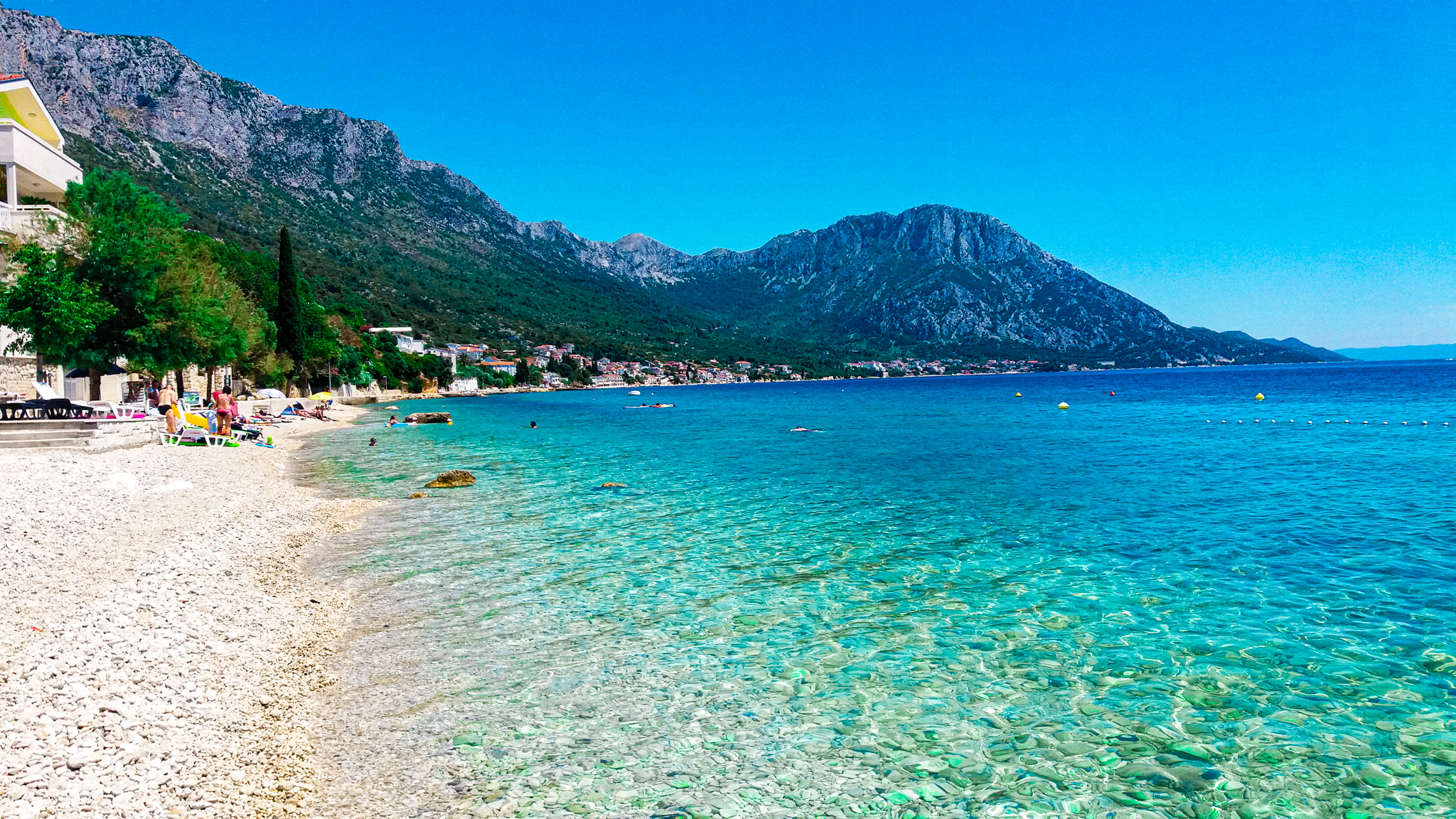Oasis on the Adriatic where Ukrainians and Russians have gone to escape war

Montenegro, a small Balkan nation, has become an unexpected haven for both Ukrainians and Russians fleeing the war in Ukraine. Despite the potential for tension, the country has managed the influx of war-torn refugees and exiles remarkably well, thanks to its people’s hospitality and tolerance. Since the war began in February 2022, more than 200,000 Ukrainians have sought refuge in Montenegro, making it the country with the highest per capita population of Ukrainian refugees. Russians and Belarusians have also found their way to this Adriatic oasis, drawn by its visa-free regime, similar language, and shared religion.
Montenegro, a NATO member and an EU candidate, has a pro-Western government that has extended temporary protection status to Ukrainians until March 2025. As of last year, the UN reported that over 62,000 Ukrainians had obtained legal status in Montenegro, constituting nearly 10% of the nation’s population. This large influx of refugees, many of whom are still seeking stability in a foreign land, has posed challenges. Employment in coastal areas is often seasonal and poorly paid, and obtaining Montenegrin citizenship is nearly impossible.
For many, life in Montenegro has been a complex mix of struggle and adaptation. Some have found comfort in local initiatives such as Pristaniste (Haven), a non-profit shelter in Budva that provides immediate support to newly arrived refugees. Pristaniste helps them find accommodation, employment, and access to documentation. It also offers a two-week respite for Ukrainians to recover from the trauma of war.
The war’s devastating impact on the mental health of refugees is evident. Valentina Ostroglyad, a 60-year-old art teacher from Zaporizhzhia, describes how she used to associate fireworks and roof noises with explosions. Today, she has adjusted to her new life in Montenegro, appreciating its natural beauty and the kindness of its people. For many Ukrainians like her, the threat of war remains a persistent reminder of the violence they escaped, and for some, the idea of returning home is tied to whether they will have homes to return to at all.
Russians fleeing conscription and the authoritarian grip of Vladimir Putin’s regime have also found a temporary sanctuary in Montenegro. Many Russians and Ukrainians have forged friendships, and a spirit of empathy has taken root. Russian volunteers have played a key role in helping the refugee community, including initiatives like children’s centers for traumatized Ukrainian youth. Despite the painful political divide, the community in Montenegro has fostered mutual understanding, with people sharing a sense of horror about the war.
One notable project bringing Russians and Ukrainians together is a theater troupe established by Ukrainian actors Katarina Sinchillo and Viktor Koshel, which has drawn support from progressive Russian immigrants. Meanwhile, Russian rock musician Mikhail Borzykin describes how the war has changed the Russian diaspora, noting that the influx of young, anti-war Russians has shifted the tone of conversations and interactions.
However, the long-term future for many immigrants in Montenegro is uncertain. The country’s strict citizenship laws mean that many will eventually have to leave. While some Ukrainians express a desire to return home if the war ends, Russians, such as Borzykin, are more skeptical about returning to a country where pro-Kremlin attitudes may linger for years, even after Putin’s regime falls. As he notes, changing a nation’s mindset can take generations.














